The role of Olive Oil in classical Arabic poetry and literature
Olive oil holds a special place in Arab culture, not just as a staple in cuisine but also as a profound literary and poetic symbol. In classical Arabic poetry and literature, olive oil is often associated with purity, sustenance, light, and divine blessings. From the works of pre-Islamic poets to medieval Islamic scholars, olive oil is celebrated for its metaphorical richness, often reflecting the deep connection between the Arab world and the sacred olive tree.
Olive oil in Pre-Islamic and early Islamic poetry
Before Islam, Arab poets crafted verses that praised nature, love, and survival in the desert. While olive trees were not native to all Arabian regions, they were revered in the Levant and parts of the Arabian Peninsula where they thrived. Poets referenced olive oil as a rare and valuable commodity, symbolizing wealth and trade. With the advent of Islam, the Quran itself elevated the status of olive oil, as seen in Surah An-Nur (24:35), where Allah is described as “the Light of the heavens and the earth,” and the blessed olive tree is part of this divine imagery.
Early Islamic poetry often linked olive oil to enlightenment, wisdom, and sustenance. Notable poets such as Al-Mutanabbi and Abu Tammam occasionally used nature, including olive trees and their oil, as metaphors for endurance, resilience, and divine favor.
The symbolism of olive oil in medieval Arabic literature
During the golden age of Islamic civilization, Arabic literature expanded in themes, incorporating scientific, philosophical, and mystical elements. Scholars and poets wrote about the medicinal benefits of olive oil, while Sufi poets used it as a symbol of inner light and spiritual purity.
One of the most profound uses of olive oil as a literary device comes from the Andalusian poet Ibn Hazm, who, in his famous work The Ring of the Dove, explores themes of love and nature. Olive groves and the oil they produce often appear in his descriptions of beauty and nostalgia, reflecting the lush landscapes of Al-Andalus (modern-day Spain and Portugal), where olive trees flourished.
Olive oil in Arabic proverbs and folklore
Arabic proverbs frequently reference olive oil, emphasizing its value and importance. Some famous sayings include:
- “Olive oil is the cure for seventy ailments.” This highlights the long-standing belief in its health benefits.
- “Blessed is the one who eats and anoints with olive oil.” This saying, rooted in Islamic tradition, underscores its dual importance in diet and skincare.
- “An olive branch is a sign of peace.” This universal symbol has deep roots in Arab and Islamic traditions, where olive trees symbolize stability and prosperity.
Olive Oil and UAE’s culinary and cultural heritage
Although the UAE is not a traditional olive-growing region, the love for olive oil is deeply embedded in its cuisine and culture. Due to the UAE’s position as a global trade hub, the finest olive oils from the Mediterranean, Levant, and North Africa are imported and highly valued.
ue Traditional Emirati dishes often incorporate high-quality olive oil, reflecting the historical connections between the UAE and the wider Arab world. Today, premium olive oil is a sought-after product among food enthusiasts, chefs, and health-conscious consumers in the UAE, making it a staple in modern kitchens.
Belazu: Arbequina Early Harvest Extra Virgin Olive Oil from Spain (500 ml)
Bringing the tradition home with Giving Oil
At Giving Oil, we bring the finest olive oils from across the world to UAE customers. Whether you seek the richness of Spanish extra virgin olive oil, the robust flavors of Greek varieties, or the delicate notes of Levantine oils, we offer premium selections that honor the deep cultural and literary legacy of olive oil.
Explore our curated collection and experience the same golden elixir that inspired poets and scholars for centuries. Shop now and bring a touch of tradition to your table!

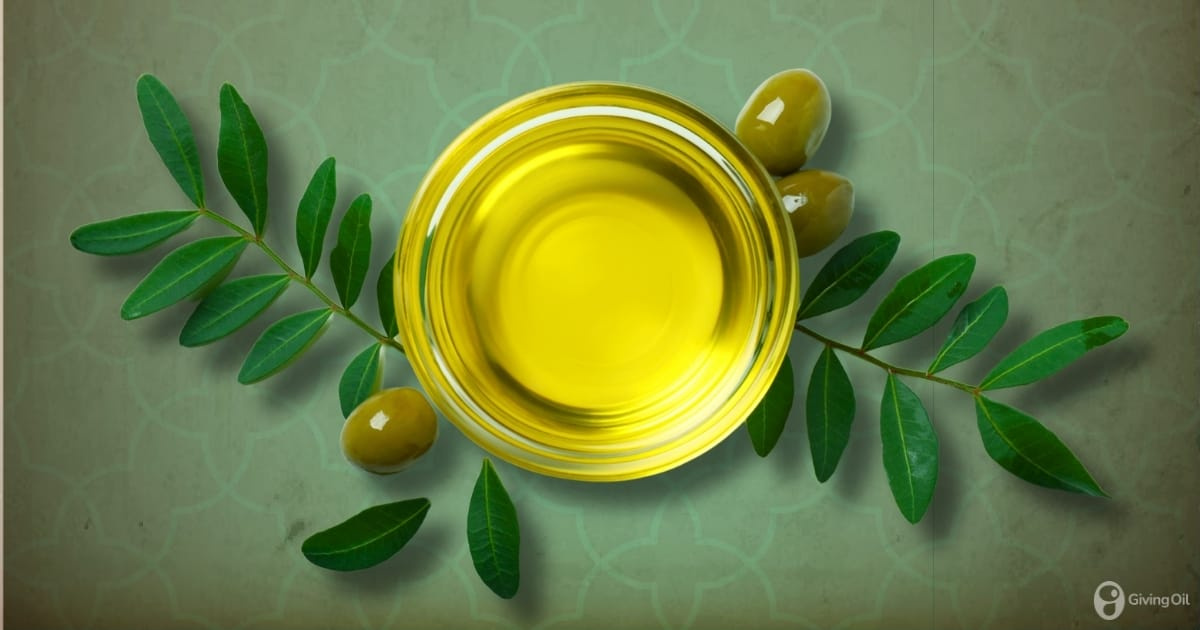



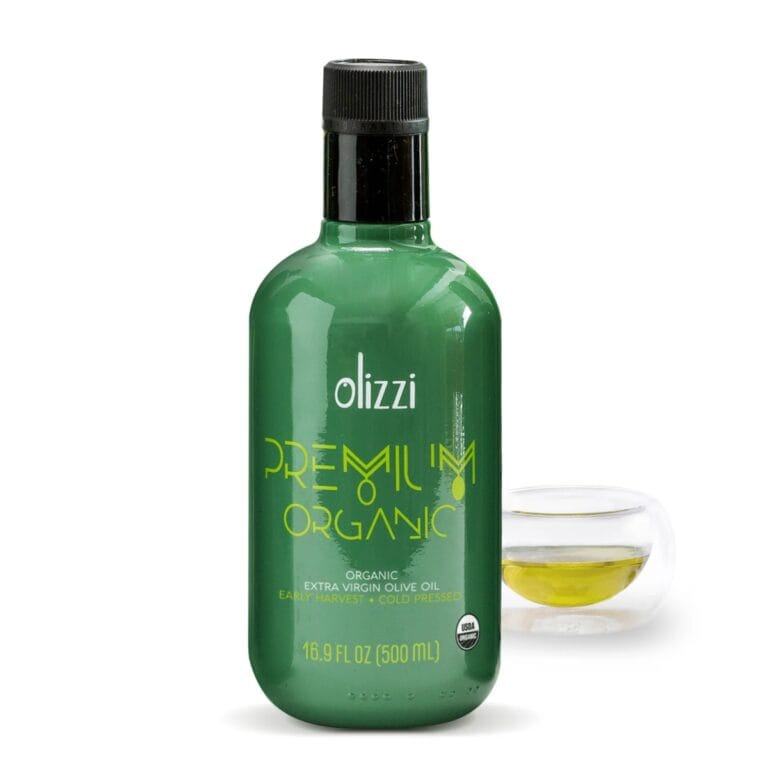

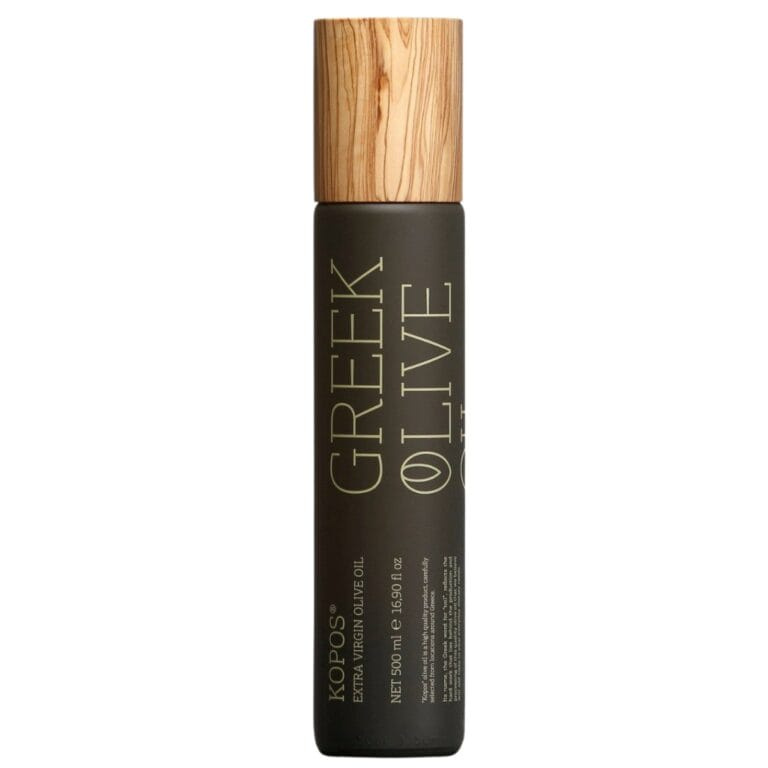













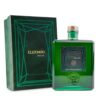










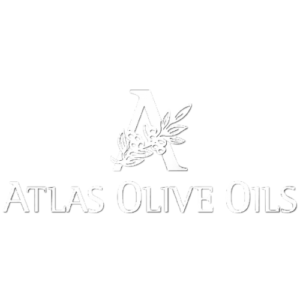

Add comment